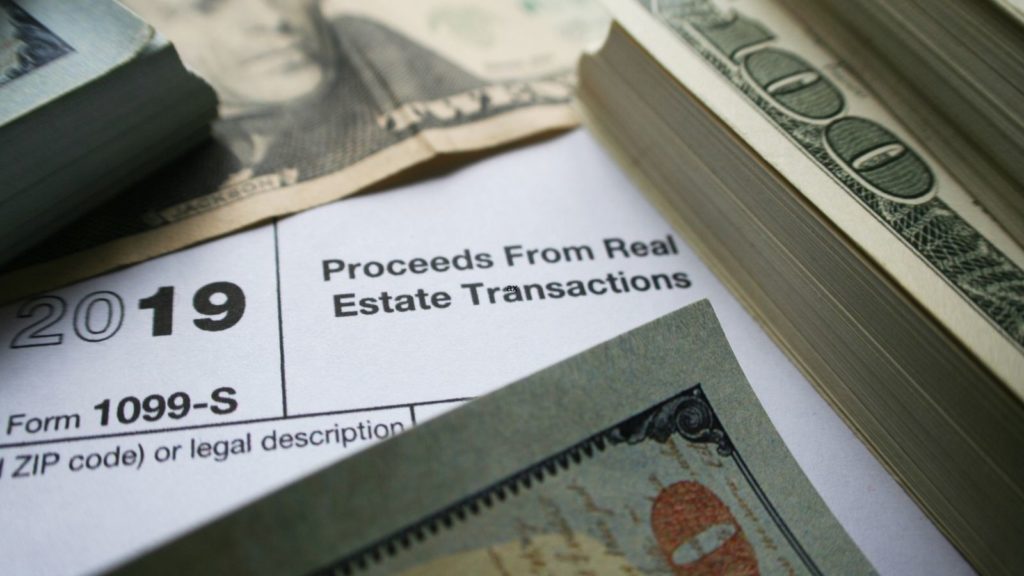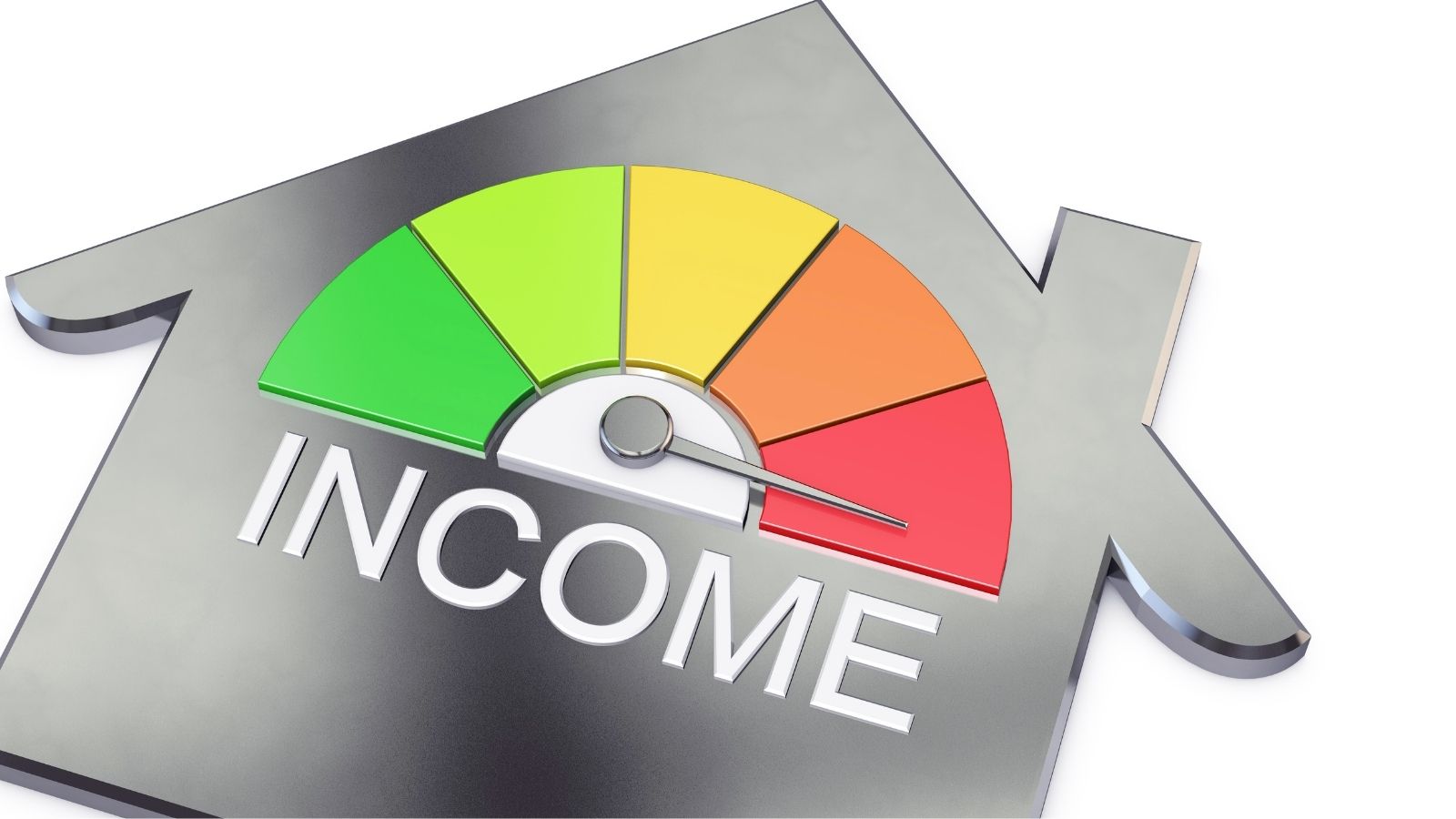Home sellers have a lot of things to consider. They need to determine a proper asking price for their house. Sellers start preparing their home for open house showings usually while they’re thinking about where they want to live next.
There are certain tax benefits associated with the sale of a home. The exact benefits will vary from one transaction to another. They will also depend on the price of the house, the tax filing status and other variables.
Selling a home in Texas isn’t always easy. Even when you think that you have things all lined up, there can be unexpected delays and other issues that can occur. You’ll need to read your purchase agreement carefully and be mindful of any contingencies or other clauses that could negate the sale. You should still be able to sell your house in most instances in a matter of weeks or months. Persistence, patience and a proactive plan of action can help you succeed.
Income and taxes associated with the sale of a house
Here are a few things to know about income and taxes associated with the sale of a house.
Most home sellers can classify the net proceeds from the sale of their home as income. Many of them won’t even have to notify the IRS about the sale if the purchase price was less than $250,000. However, if you do have to report the transaction on your taxes, you may qualify for a capital gains exclusion.
Capital gains from a home sale can be excluded for up to $250,000 if filing an individual return or up to $500,000 if you’re filing taxes jointly as a married couple. You must have owned the home that was sold for at least five years and have lived in the house for at least two years.
You don’t necessarily need to have lived in the home during the same five years in which you owned it. Any profit made above these two dollar amounts should be recorded as capital gains on Schedule D of your income tax form.

This exclusion can be used whenever you sell a property that was your main home. You still need to have owned the house for at least five years before the sale and had it as your primary residence for at least two years. You can’t claim this deduction if you’ve already used it within the last two years on another house that you owned.
To calculate your capital gains, the cost basis for the property will be subtracted from the net proceeds that you received from the sale. Cost basis is the amount that you paid to purchase the home plus the costs of any major improvements (like adding a new HVAC system or replacing the roof, windows or doors, for example) and any other related costs that were incurred while you were in the process of buying the home. Related costs include closing costs, title insurance, credit report fees, transfer taxes, mortgage application fees and other associated items.
If you know that you’re going to sell your house before the mortgage has been paid in full, there are a few actions you can take:
Eligible for a partial or full capital gains tax exclusion
There are some other situations where you may be eligible for a partial or full capital gains tax exclusion. They are as follows:
1. One member of the couple was given the house as part of a separation or divorce agreement. The spouse who isn’t currently living in the house can include the days that the other spouse lives in the house as days of use. You may encounter this situation if you or your spouse move out of the house that’s put up for sale but has an ownership stake in the home until it’s been sold.

2. Brief absences from the home can also be included as days of use. These absences must be permanent. You can include days when the house was rented out to tenants as part of your usage days while you were away.
3. Exclusions may apply if one spouse passes away. If the surviving spouse doesn’t remarry before the house has been sold, they can include the time that their former spouse owned and used the home as part of the days of use. This deduction is invalid if the surviving spouse remarries or if the house is sold while a spouse is in poor health but is still living at the time of the sale.

4. Divorce settlements may determine which spouse can own and live in the house. The spouse who is awarded the house can include the time that both parties owned the home toward the ownership and use requirements. The home must also have been the primary residence for at least two years for the spouse who was granted ownership of the home by the court. That person must also have owned the home for at least the last five years.
Active military members and members of federal intelligence agencies and the Foreign Service can have the five-year homeownership mandate suspended for up to ten years while they are on qualified official extended duty.
This term of service must be for 90 days or longer. During that time, the home seller also has to be living in government housing under official orders at the time or residing at a station of duty that’s more than 50 miles away from your main home. The two-year residency requirement for home sellers will still apply.
Qualifications for a reduced capital gains tax exclusion
Some homeowners who are trying to sell their homes may meet the qualifications for a reduced capital gains tax exclusion. This can apply to people who:
1. Have had a recent change of health.
2. Have had a recent employment change.
3. Have experienced other unexpected conditions, such as a pregnancy that resulted in the birth of more than one child or a divorce.

A reduced capital gains tax exclusion allows you to receive an amount that’s less than the maximum exclusion amount allowed by law. The exact amount can vary depending on the net proceeds received from the sale and how much of the exclusion was taken. You can’t exclude part of your profit.
Conclusion
You may want to consult your tax attorney or accountant if you have questions or concerns about whether or not you should report the sale on your income tax forms. If you have a Form 1099-S, you’ll probably have to include the sale in your taxes. These tax forms are usually sent to you by your title agent, mortgage company, real estate broker or another person who served as the closing agent for the sale.

Once you’ve figured out the tax and income aspects of the sale, you can decide what to do with the money that you received from the sale. It’s yours to spend or save as you see fit. You could put it aside for a rainy day, or apply part of it toward the purchase of a car, vacation or your next home. Whatever you decide, it’s comforting to know that you can put the sale behind you and look forward to the next chapter of your active life.
Have Questions? Ask Rene!




